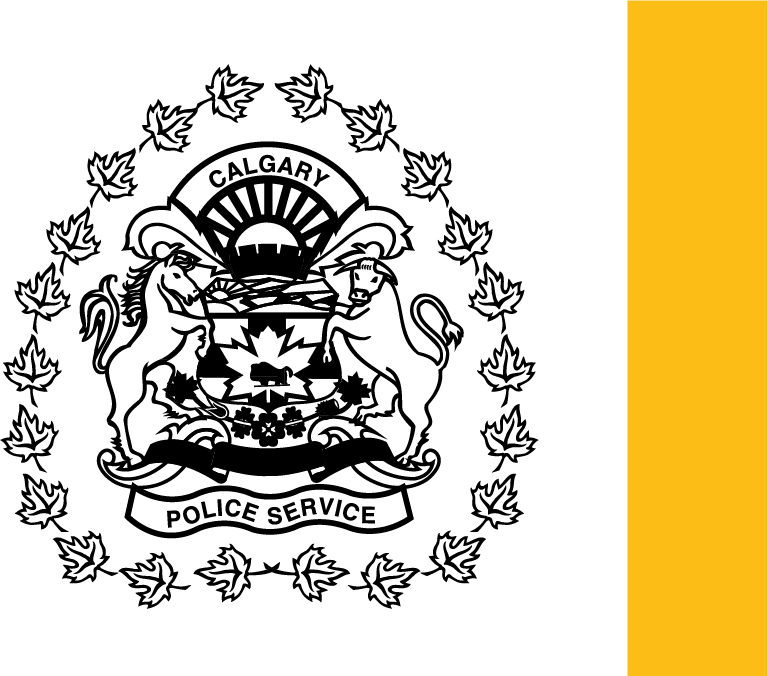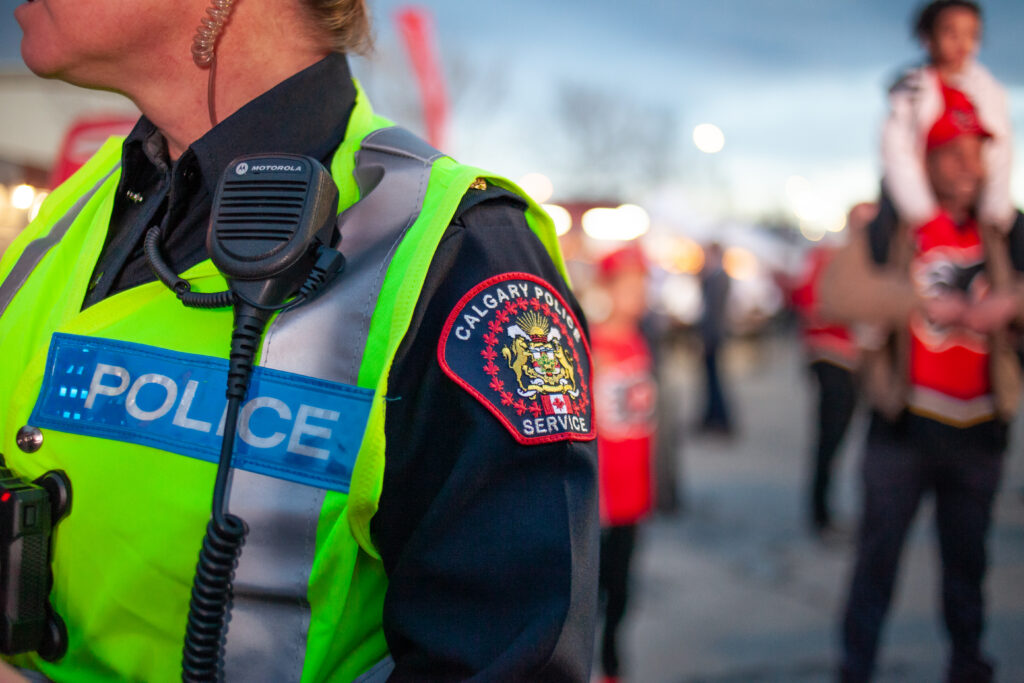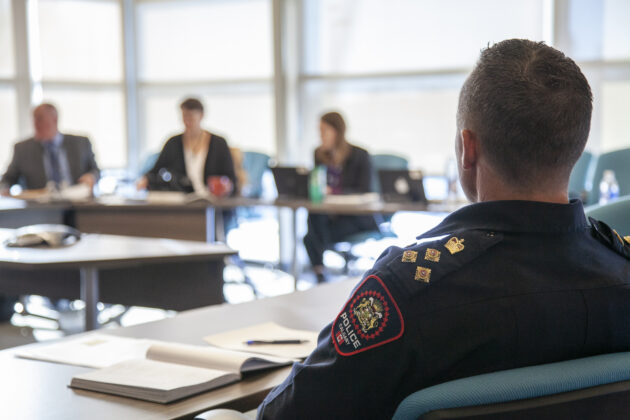
Features
Crisis response pilot program in Calgary helping to reduce demand on police officers
May 1, 2023 Sponsored by by Calgary Police Service 
 Photo credit: Calgary Police Service
Photo credit: Calgary Police Service The Calgary Police Service (CPS) and The City of Calgary have teamed up with community partners to introduce a new crisis response system to better serve Calgarians. The Community Mobile Crisis Response (CMCR) pilot program, which became operational in February 2023, is being delivered by The Alex Community Health Centre in two of the eight districts the CPS serves. The pilot aims to support those facing mental health or addiction crises in non-emergency situations through a community-oriented response, thus reducing the need for a police response.
The CMCR pilot program is made possible through funding from The Community Safety Investment Framework, a collaborative effort between The City of Calgary and the CPS to improve support for Calgarians experiencing crises. The pilot focuses on a person-centred, trauma-informed, equity-based approach to crisis response for those experiencing a non-emergency mental health or addictions crisis where there is no threat to safety.
The CMCR process involves Calgary 911 assessing calls to determine if mental health or addiction concerns apply and what type of response is best suited for the situation. Non-emergency calls are triaged to 211 Calgary, which is operated by Distress Centre Calgary. The 211 team is trained in crisis de-escalation and safety planning for suicide and self-harm situations; they evaluate each call carefully to decide which resource will respond. If appropriate, a CMCR team consisting of a health care worker and a peer support worker from The Alex is dispatched through 211 to provide trauma-informed care to those needing support due to mental or emotional distress. During the program’s pilot phase, a plainclothes CPS officer attends calls in partnership with the CMCR team.

Photo credit: Calgary Police Service
“Experiencing a mental health or addictions-related crisis is an urgent and distressing situation, but it often does not require a 911 or police response, and instead a community response,” says Robyn Romano, CEO at Distress Centre Calgary. “Ensuring people are easily connected with the hundreds of different social agencies and programs throughout our city, including The Alex, helps to improve outcomes and mitigates crises from escalating.”
After the initial crisis call, the CMCR team provides continued case management and follow-up support through The Alex to facilitate and address long-term needs and social service referrals. This approach aims to reduce crisis recurrences through continued connection and further reduce demand for police intervention.
By diverting non-emergency calls to the appropriate support service, police officers have more time to address and investigate concerns that are a threat to safety or criminal in nature.
“We’re seeing positive results in interactions and outcomes with people who are experiencing mental health concerns, addictions or other similar challenges,” says Deputy Chief Katie McLellan of the Calgary Police Service. “The calls CMCR teams are attending would previously have been dispatched to police. Triaging calls to the CMCR teams helps deliver critical support to Calgarians in crisis by providing the right resource, to the right person, at the right time. It also helps us to direct our resources to calls that require a police response.”
The CMCR pilot program has already seen significant success in its initial phase and is only one part of the CPS’ call-diversion strategy. The CPS has also partnered on a call-diversion program and co-location initiative that sees 211 and Calgary 911 working together in a shared space, which launched in February 2022. The call-diversion, co-location and CMCR initiatives are just the beginning of the CPS’ commitment to finding a long-term solution for those who are better served by mental health, addiction or social services, rather than a police response; the CPS continues to engage with the community and social partners around service delivery models and best practices, to create a more efficient calls-for-service system.
Print this page